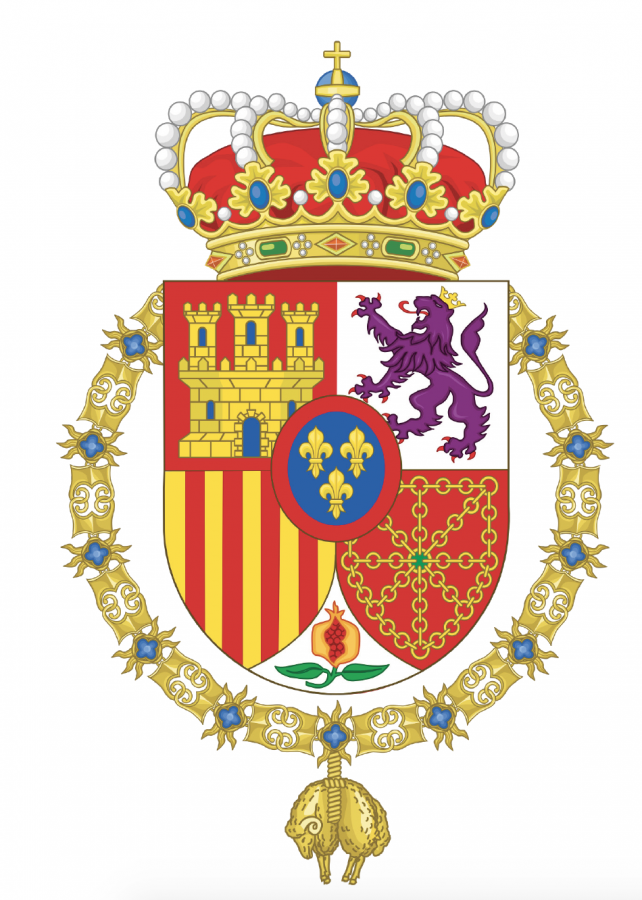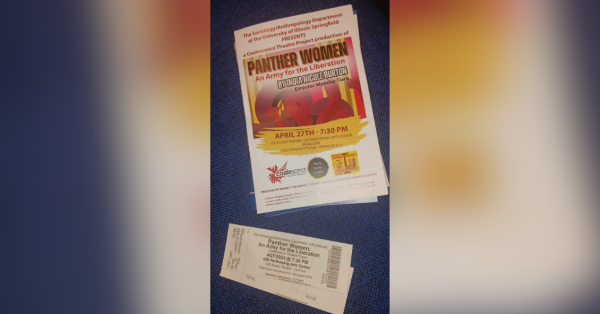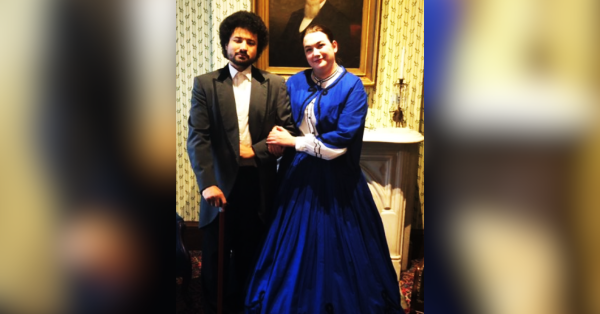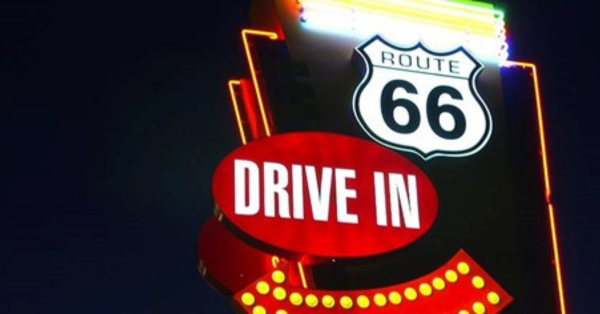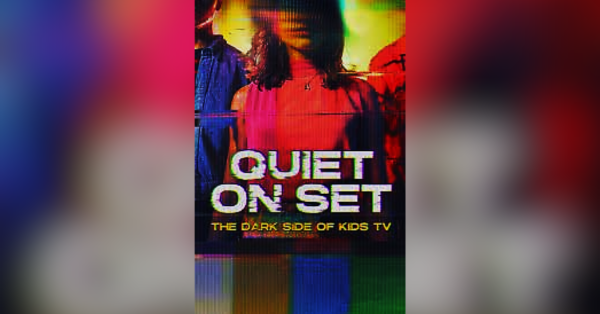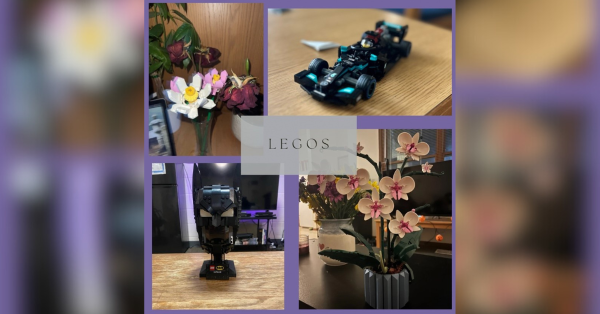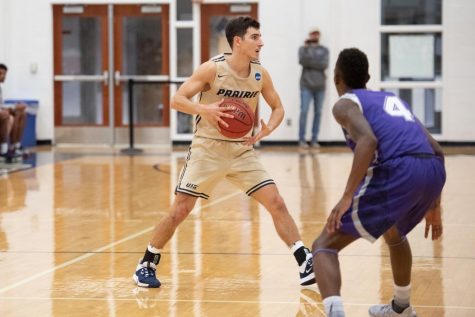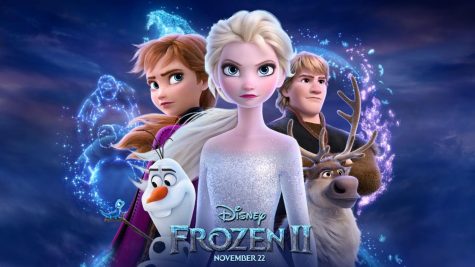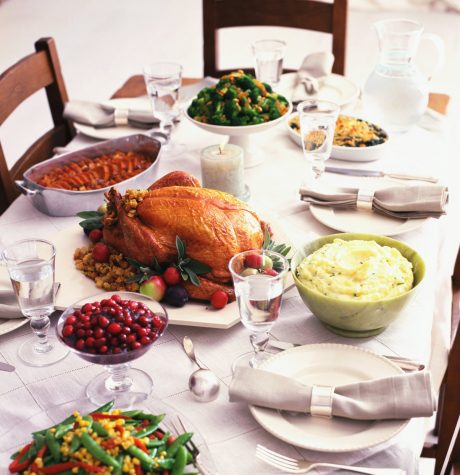Everybody Loves a Monarchy
I previously argued that Downton Abbey is a Care Bears movie, and that is a hill I am willing to die on, but I also said that there are certain inherent dangers to both the Care Bears and Downton Abbey. I will leave the risks of propagating the Care Bears’ ideology for another time. For now, I will cover Downton Abbey alongside the problems of fetishizing aristocracy, monarchy, and impermeable class barriers.
On first pass, the idea of Americans falling in love with the concept of blue-blooded nobility and inherited titles might seem ridiculous. After all, the national propagated myths are that of meritocracy and individualism: the lone person born with nothing who rises to the pinnacle of society, the visionary who bucks all norms to leap ahead of institutions, the idea that anyone born in America could grow up to be President. The fact that the term myth is used here in both the formal sense of a traditional story and the conventional sense of a widely-held falsehood is immaterial. Yet, for some reason, there is cognitive dissonance between our cultural myths and our media consumption, for Downton Abbey topped the box office in its opening weekend. And, while Netflix refuses to publish conventional ratings, The Crown holds a 90 percent ranking on Rotten Tomatoes with an even higher audience score of 95 percent.
It was the popularity of these dramatizations of the British Peerage and monarchy that led to this article. There are a number of explanations that spring to mind. The first and most obvious reason is the relatively recent marriage of Meghan Markle into the royal family and the even more recent birth of her son, Archie. It is easy to understand how the actualization of a fairy tale in the form of an American actress and a prince falling in love could strike the interest and imagination of the American people. This would certainly explain the popularity of The Crown. Another immediate explanation is that this interest in aristocracy is driven by escapism. The United States is currently experiencing what could be non-controversially called political turmoil and its leaders vilify each other in the headlines daily. The formality and stability of the British earls and countesses could be viewed as comforting by comparison.
Yet even this does not quite fit, as the American love of nobility and monarchy runs deeper than that. All one has to do is look to the cultural icons that are the Disney Princesses to see that American love of monarchy starts early and is embedded deeply into the culture. The source of this predilection is difficult to identify -the dangers are not. Under the romance, the lovely costume, and the quaint formality lay a system built on the back of human suffering and discrimination. I am perfectly guilty of this adoration of autocratic tendencies myself. Come by the conference room next to the Starbucks in the Union to a meeting of the Political Understanding and Activism Club on Tuesday evenings at 7:00 p.m. to hear me extolling the virtues of the enlightened despot. However, this theoretical example has yet to properly manifest in the modern age. Until it does, democracy will have to do.



